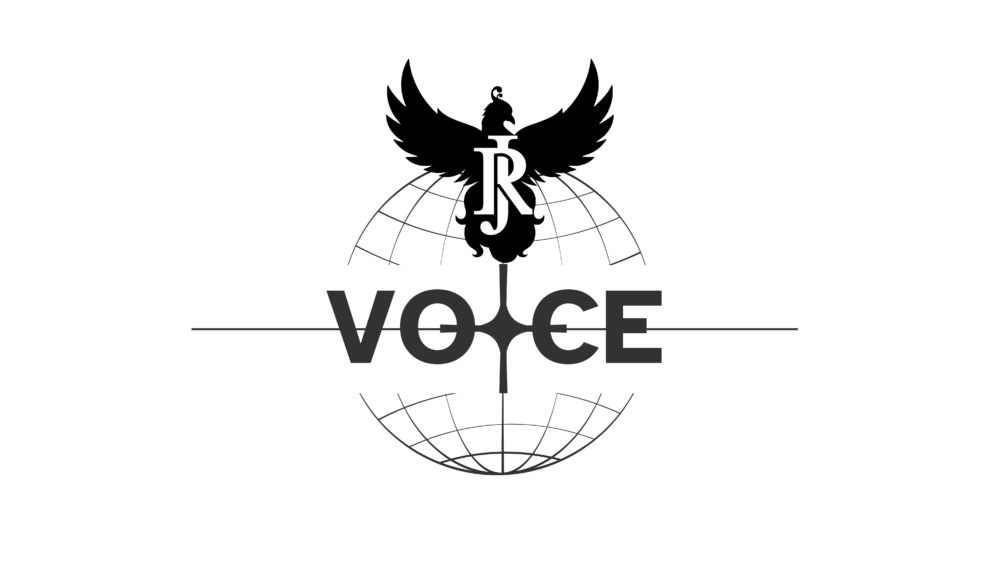An Auckland-based doctor says she won’t be silenced, despite facing the possibility of being barred from returning to India due to her political commentary and affiliations.
Dr. Sapna Samant, a general practitioner and filmmaker, has been informed by Indian authorities that her Overseas Citizen of India (OCI) status may be revoked. The decision, she was told, stems from her social media presence, a radio interview, and her past candidacy for the Green Party in New Zealand.
The OCI card grants individuals of Indian origin certain rights, including visa-free travel to India. Losing this status would mean Dr. Samant would need to apply for a standard visa if she wishes to visit India in the future—a trip she had planned to take with her foster son later this year.
Samant said the situation raises serious concerns about freedom of expression for Indians living abroad. “This doesn’t bode well for the rights of Indians in New Zealand,” she said, adding that she’s particularly worried about how these actions might influence future free trade discussions between New Zealand and India.
The Indian High Commission in Wellington notified Samant in January that her activities were being reviewed for allegedly posing a threat to India’s unity and public order. Among the examples cited were her Twitter and YouTube content, political involvement in New Zealand, and comments made in a radio interview.
Samant questioned whether this scrutiny was being applied equally. “Are they also investigating other Indians aligned with different political parties, or is it just me?” she asked. In her written response to the High Commission, she emphasized the importance of public debate in a democratic society and rejected the notion that criticism equated to being anti-India.
Since submitting her appeal in February, Samant has received no updates on whether her OCI status has been officially revoked or if her appeal is under review.
Her concerns are part of a broader debate about recent changes under the Indian government led by Prime Minister Narendra Modi. Critics argue that democratic values and secular principles are being eroded under the rise of right-wing Hindu nationalism. Supporters of the current administration, however, maintain that their policies are aimed at national development and unity.
In New Zealand, tensions surrounding India’s internal politics have played out in public demonstrations. While some community members support the Modi government’s stance on sovereignty and internal security, others, like Samant, raise alarms about suppression of dissent.
Samant says she has experienced years of harassment due to her outspoken views. Complaints have been filed against her with regulatory bodies, and her name has appeared on websites accusing her of being anti-Hindu and anti-India. She also recounted being warned by a community figure after a public demonstration, who claimed her “privileges” would be revoked due to her political statements.
Although the High Commission has not responded to questions about Samant’s case, she believes it may become a precedent for Indian-born New Zealanders holding OCI status. “This has always been about controlling the narrative,” she said. “They think they can make an example of me to silence others.”
The Modi government has revoked over 100 OCI cards globally in the past decade, but Samant’s case could mark the first of its kind in New Zealand.
As trade negotiations between the two countries continue, Samant also raised concerns about political concessions being made behind closed doors. Comments made by Modi during New Zealand Prime Minister Christopher Luxon’s visit were widely interpreted as a response to pro-Khalistan activities, but Samant believes they were meant more broadly to discourage criticism of the Indian government.
Despite the potential travel restrictions, Samant says she won’t back down. “If India thrives, the world thrives. But to do that, we have to be honest about where we’re falling short. I grew up with political debate being part of our everyday lives. That’s not anti-India—that’s democracy.”
She acknowledges that others may not feel safe speaking out, especially those with strong ties to India or personal reasons to travel there. But she insists that silence is not an option. “This is a hollow victory for them if they think they can shut me up. I will keep speaking.”































































